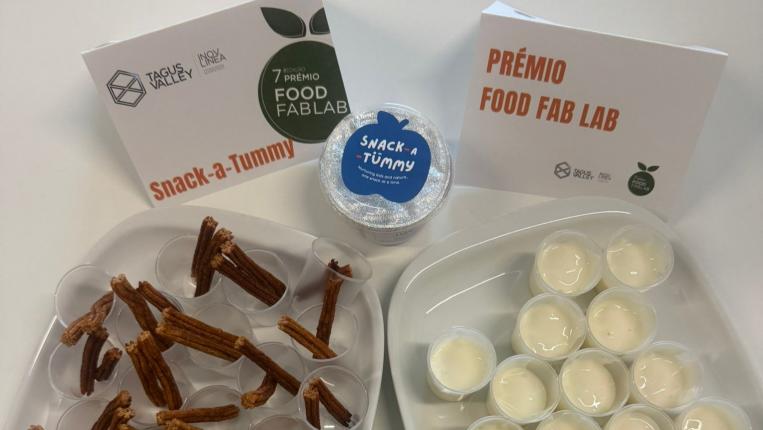“RADIANT- Realising Dynamic Value Chains for Underutilised Crops” is the new european project coordinated by the Center for Biotechnology and Fine Chemistry (CBQF), from the Faculty of Biotechnology (ESB) at Católica in Porto, funded by Horizon 2020 (H2020), the EU Framework Programme for Research and Innovation. The goal is to develop solutions and tools that will foster agrobiodiversity, fighting the agricultural paradigm of monoculture and industrialized agriculture.
Marta Vasconcelos, researcher at the Center for Biotechnology and Fine Chemistry (CBQF/ESB/UCP) and coordinator of the RADIANT project, says that "in the last century, 75% of the genetic diversity of crops was lost. There are about 259,000 plant species, of which 50,000 are edible (with 150-200 actually consumed), and only three provide 60% of the calories and nutrition in the human diet (corn, rice and wheat). This scenario is the culmination of a process that begins right at the level of local production of more diverse foods, because the obstacles are many."
It is with the aim of reducing these obstacles and making possible an increase in crop diversity, reflected in the food consumed by citizens, that RADIANT proposes, through an approach based on the "Theory of Change", to create tools that preserve agrobiodiversity, making it possible to diversify the availability of locally produced food. By promoting underutilized crops, which include a mix of poorly produced species such as legumes, or older, "forgotten" varieties of more common crops such as wheat, corn, barley or tomatoes, RADIANT's ambition is to reduce the 'production gap' between the most popular and under-utilized crops, and the 'nutritional gap' - between the most consumed foods, and the foods most needed for a healthy diet. The project's coordinating researcher also mentions that, alongside these objectives, the aim is to "ensure fair economic and social development for all stakeholders in the value chains."
The project, coordinated by ESB, involves 29 entities from 12 countries - Portugal, Slovenia, United Kingdom, Hungary, Spain, Greece, Italy, Germany, Ireland, Bulgaria, Netherlands, Cyprus - and also counts on the Food and Agriculture Organization (FAO) of the United Nations as a partner.
RADIANT project aims to demonstrate successful transitions to inclusive agrobiodiversity systems; carry out improvement programs to make underdeveloped crops more competitive; test best agricultural practices that maximize their sustainable production; expand their environmental, social and nutritional recognition by characterizing their multiple benefits; offer solutions for their integration into profitable value chains, based on policy, social and governance innovations; empower society to integrate these foods into their diets.
With a duration of 4 years and funding over 5.9 M€ through H2020, the project has 20 pilot farms – “Aurora Farms” – wich cover different agro-ecologies across Europe, and where good practices will be tested and demonstrated. Marta Vasconcelos also explains that “for the realization of the project, 45 farmers will also be recruited to facilitate the integration of these underutilized cultures, carrying out an adaptive management of agrobiodiversity through tools built by the project itself”.
________
This work was supported by European Union’s Horizon 2020 research and innovation programme through project “Realising Dynamic Value Chains for Underutilised Crops” (RADIANT), grant agreement No. 101000622.



